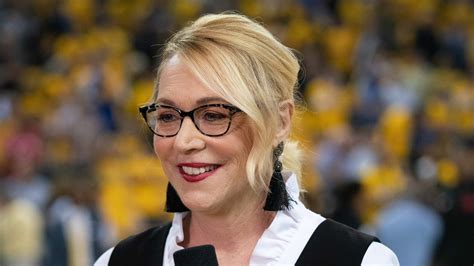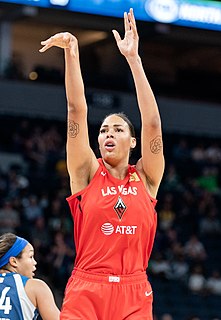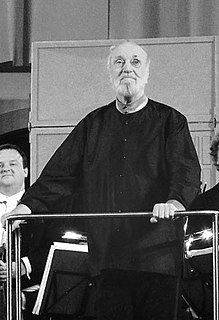A Quote by Doris Burke
One thing I'm amazed at is the younger generation of female broadcasters and what they've achieved, and the first person to come to mind is Candace Parker. I remember Candace when she first joined the TNT team, and I marveled at how comfortable she was right away in the television environment.
Related Quotes
Actually, when I saw it in USA Today, I just, Candace Parker was, we were warming up in practice and she was underneath the basket shooting and I just said, 'Hey Candace! I enjoyed what I read in the paper today about your decision [to stay].' She just started laughing and I did too. So I haven't discussed it with her.
Well do I remember the first night we met, how you questioned my opinion that first impressions are perfect. You were right to do so, of course, but even then I suspected what I've come to believe most passionately these past weeks: from that first moment, I knew you were a dangerous woman, and I was in great peril of falling in love." She thought she should say something witty here. She said, "Really?
She is fragile, she is soft, she is weaker, she is afraid. All around is a man-created world, and she is a stranger in it. She needs security. So when she falls in love, the first concept, the first idea, is how to be secure, safe. She would not like to make love to a man unless marriage is settled. Marriage has to be the first thing, then anything else can follow.
Today's children are living a childhood of firsts. They are the first daycare generation; the first truly multicultural generation; the first generation to grow up in the electronic bubble, the environment defined by computers and new forms of television; the first post-sexual revolution generation; the first generation for which nature is more abstraction than reality; the first generation to grow up in new kinds of dispersed, deconcentrated cities, not quite urban, rural, or suburban.
Hillary Clinton was the first professional First Lady, the first feminist First Lady, the first First Lady from the '60s generation, the first First Lady who was the breadwinner in the family. A lot of America liked and admired that. Some other parts of America found that unappetizing and even kind of threatening. So she became a flashpoint simply for who she was.
The certainty that she would find what it was she sought just slipped away, until one night she knew there was nothing, no one waiting for her. That no matter how far she walked, how carefully she searched, how much she wanted to find the person she was looking for, she was alone" - The Forgotten Garden
The new female is competent in all that she chooses. She chooses whatever her heart tells her. She can create a business, lead a country, drive a truck, hammer nails, deliver mail, or raise a family. She is at home in every social and physical environment. She can be a housewife, if she chooses. She can be anything else, too. She is intuitive and heart centered. She is all that a female has been, and more.
She was the first person on either side of her family to go to college, and she held herself to insanely high standards. She worried a lot about whether she was good enough. It was surprising to see how relieved she seemed whenever I told her how amazing she was. I wanted her to feel strong and free. She was beautiful when she was free.
Getting to a place where I am comfortable saying things was hard-earned for me. I've chewed on the ground glass of my own experience. I saw Gloria Steinem speak, and I was just like, Shut the front door. She was saying that she didn't come into her own until her 40s, and she was asking herself the question, Why should she have to get married? And I just thank God someone asked that question, right? I think we're the first generation of women asking ourselves certain questions and deciding for ourselves.
The techniques are all means of dealing with one simple idea: She wrote it. (That is, the "wrong" person--in this case, female--has created the "right" value--i.e., art.)
Denial of Agency: She didn't write it.
Pollution of Agency: She shouldn't have written it.
Double Standard of Content: Yes, but look what she wrote about.
False Categorizing: She is not really she [an artist] and it is not really it [serious, of the right genre, aesthetically sound, important, etc.] so how could "she" have written "it"?
Or simply: Neither "she" nor "it" exists (simple exclusion).































